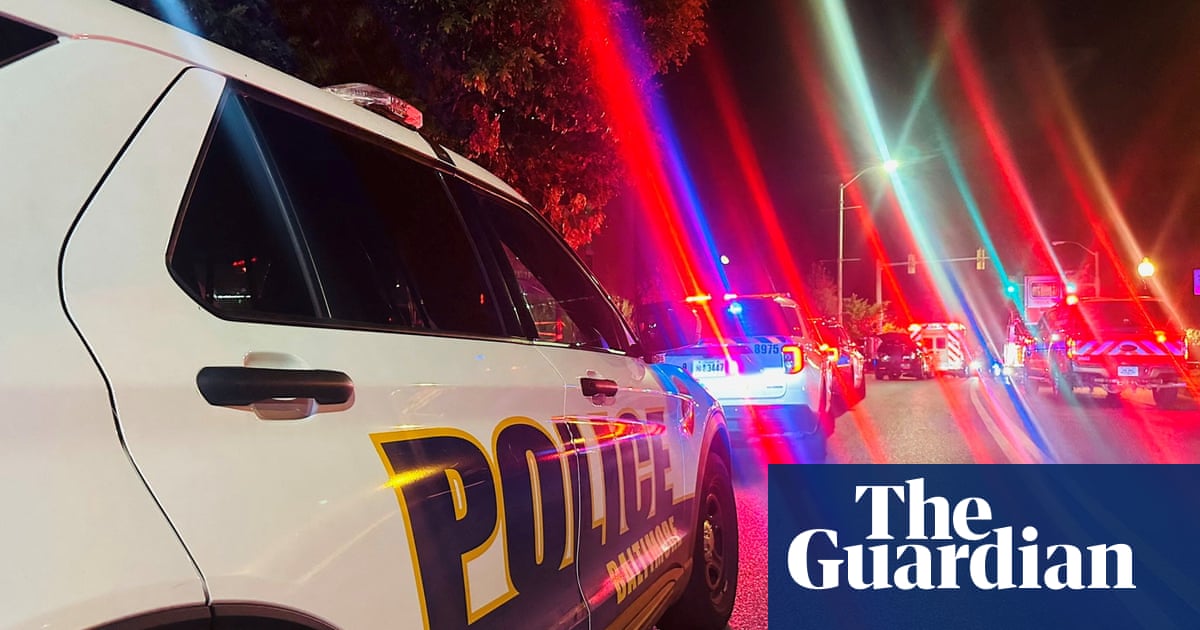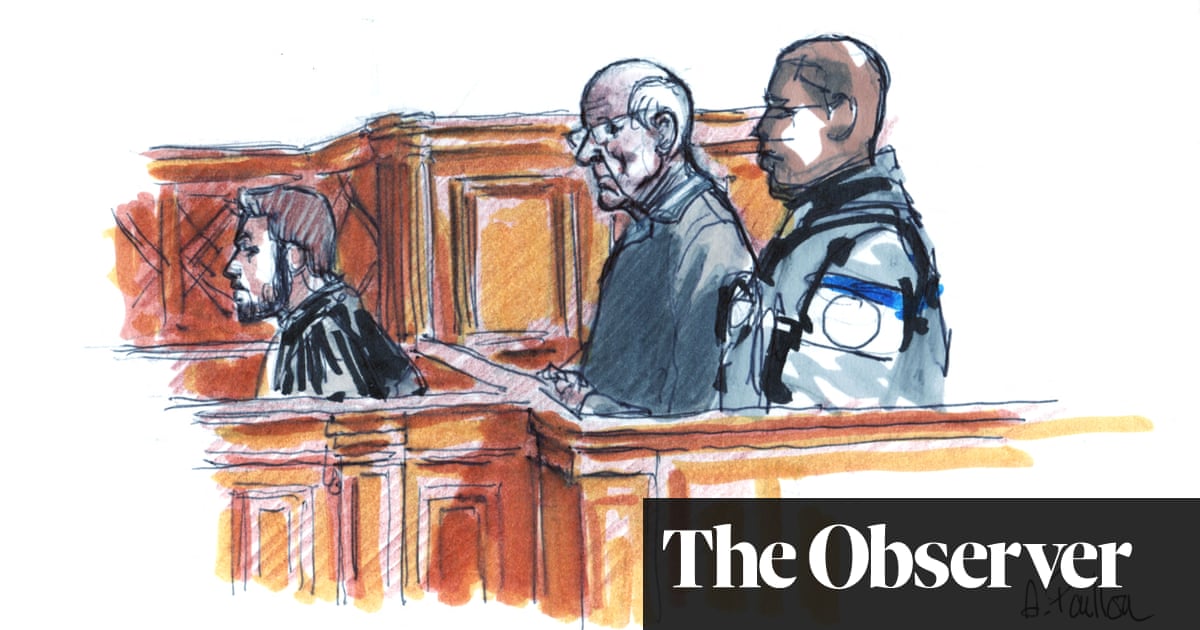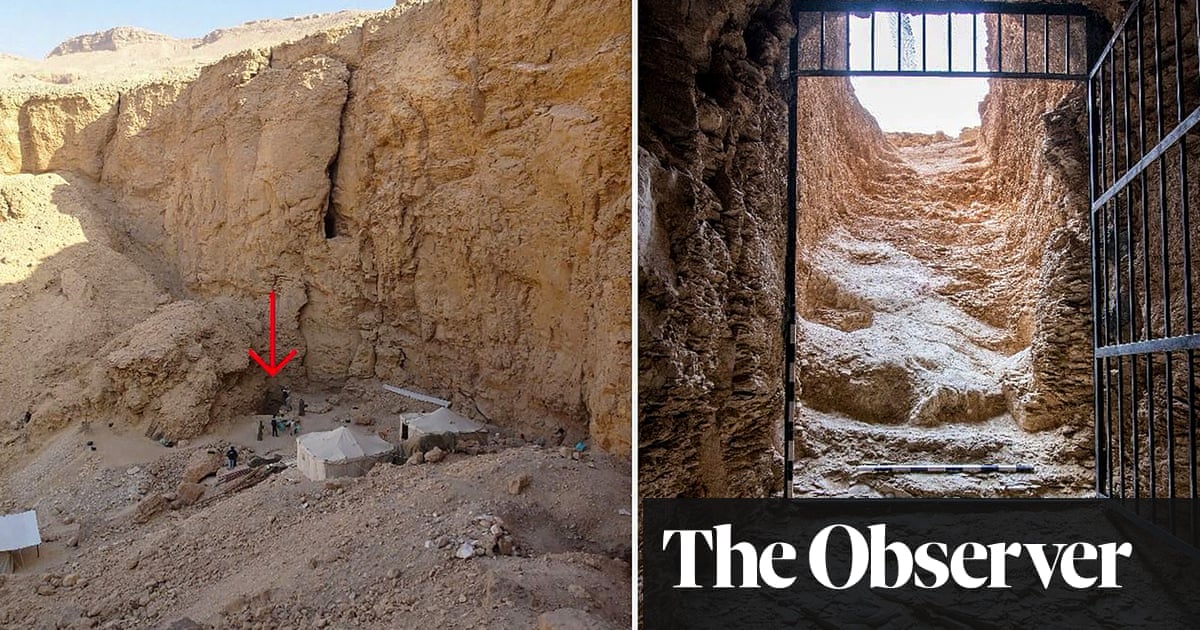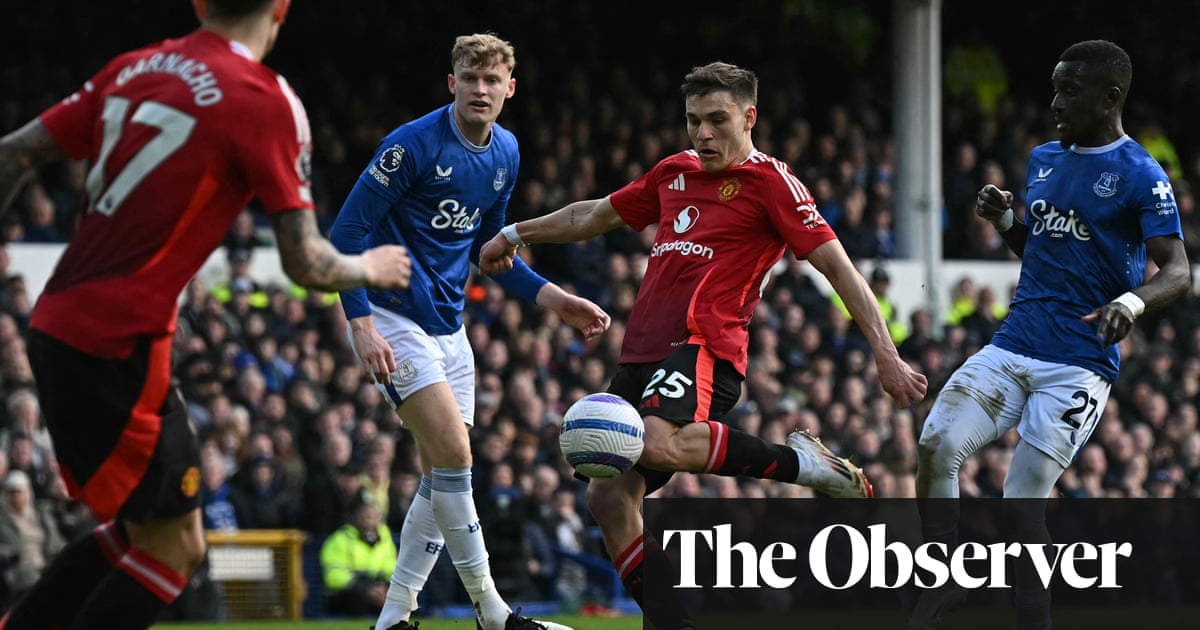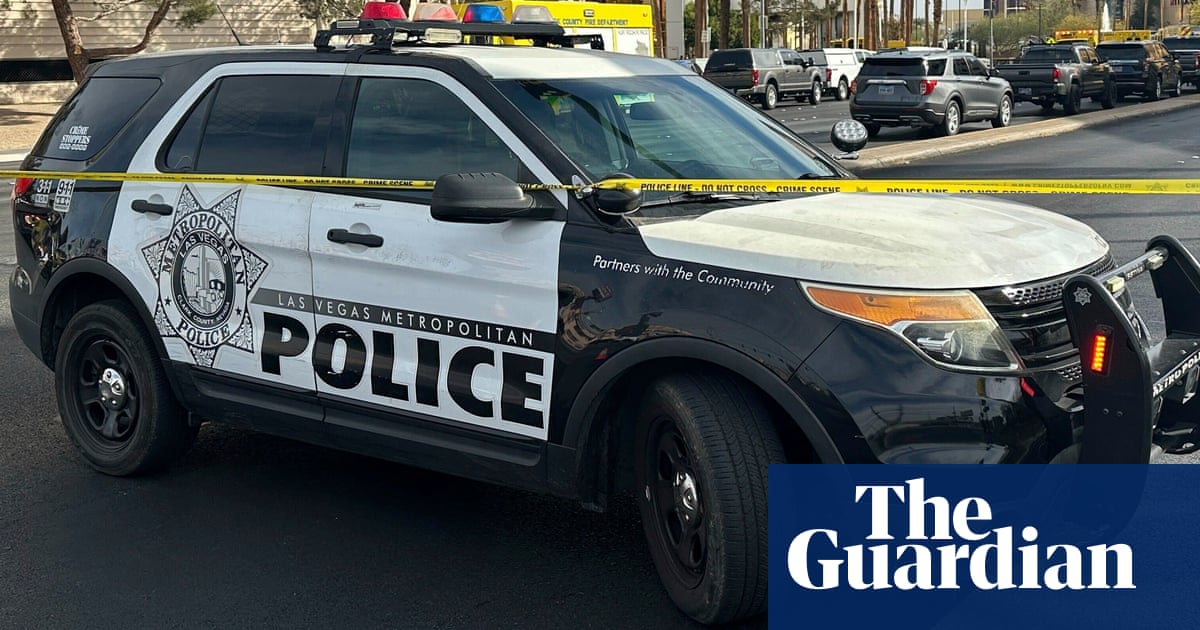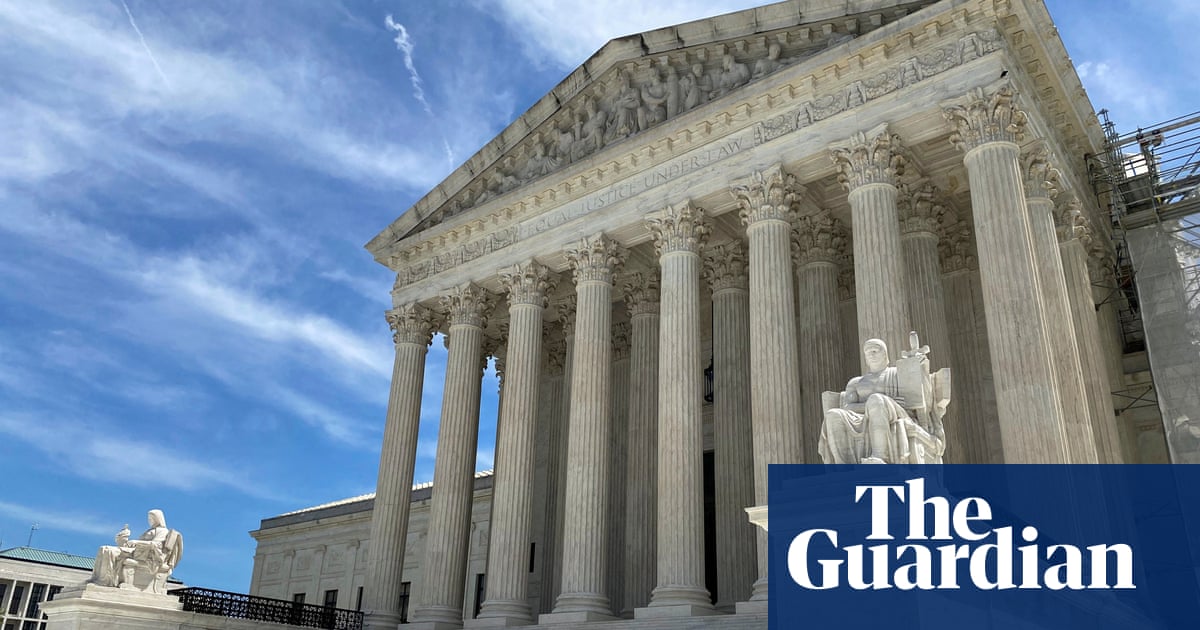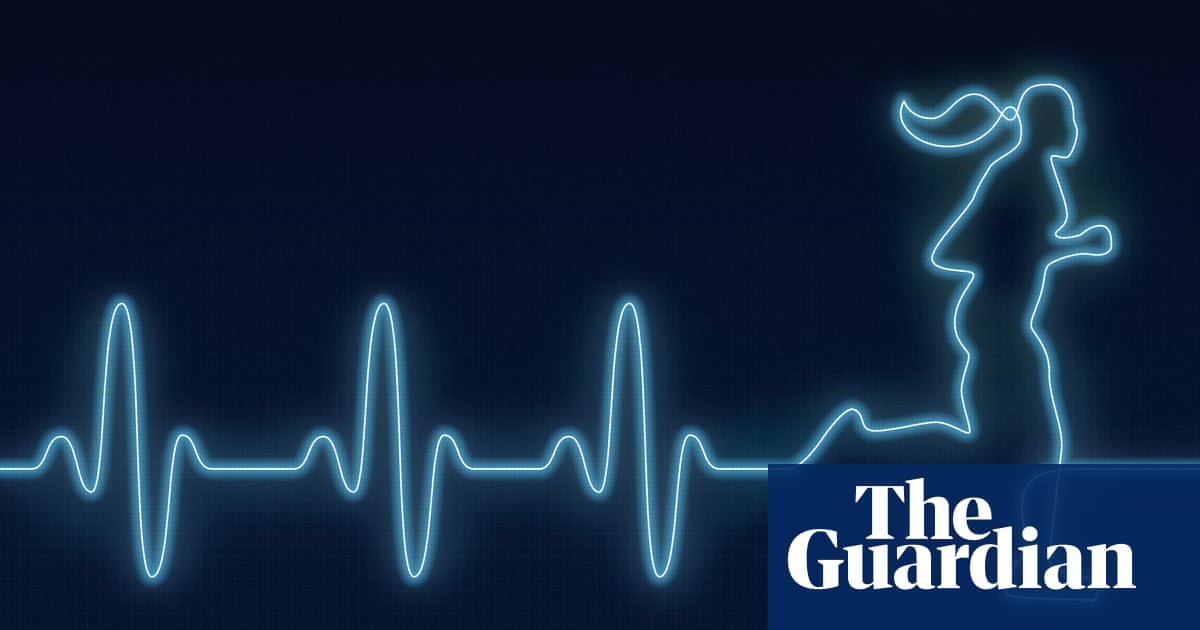Joe Biden has lifted the ban on Ukraine using long-range missiles to fire into Russian territory by permitting them to be used against Russian and North Korean forces in the Kursk region.
The president has allowed Ukraine to use US-made Atacms rockets, which have a range of 190 miles (300km) – the first time the outgoing president has given Kyiv permission to any use long-range weapons inside Russia.
Such a move on US weapons – reported by Reuters and Associated Press news agencies and the New York Times citing multiple sources – has been long requested by Ukraine, which Russia has said it would see as a major escalation.
It came as Kyiv announced nationwide energy rationing from Monday after Moscow’s biggest drone and missile attack in months on Ukraine’s energy grid at the weekend.
Officials suggested the weapons would be used against Russian and North Korean troops deployed against Ukrainian forces in Russia’s Kursk region – and was intended to send a message to North Korea – though Biden may authorise their use elsewhere.
The first strikes using US-supplied Atacms rockets could come within days. The decision may not apply to UK-supplied Storm Shadow missiles, whose use at targets on Russian territory the US has previously blocked.
Kyiv has said it wants to use Storm Shadows against airbases used to launch attacks on Ukraine.
The White House and Downing Street both declined to comment.
It is not clear if Donald Trump, who has previously criticised the scale of US military aid to Ukraine, will seek to reverse the decision. Biden previously allowed Ukraine to use shorter-range US-supplied Himars against Russian forces attacking Kharkiv from over the border, but had refused permission to attack deeper into Russia.
Russia – with North Korea – is preparing to counterattack Ukrainian forces in Kursk and is also making gains against Ukraine in the country’s east, and has launched fresh attacks on its civilian energy infrastructure in advance of cold winter weather.
Volodymyr Zelenskyy, the Ukrainian president, said about 120 missiles and 90 drones were fired into Ukraine in the early hours of Sunday in a nationwide attack he described as the work of “Russian terrorists”.
The attack was the largest missile and drone assault on Ukraine since August and the first big Russian assault since the US election, showing the Kremlin in little mood to compromise after Trump’s victory.
Poland and Nato allies scrambled jets to safeguard its airspace in border areas early on Sunday, the country’s operational military command said, returning to their bases about three hours later without incident. Moldova said Russian drones and missiles had violated its airspace.
Ukrenergo, Ukraine’s principal energy supplier, said blackouts and consumption restrictions would be introduced “in all regions” as engineers tried to repair as much of the damage to power facilities as possible from the strikes in the early hours of Sunday.
Andrii Sybiha, Ukraine’s foreign minister, described the strike as Moscow’s “true response” to leaders who had interacted with Vladimir Putin, an apparent swipe at the German chancellor, Olaf Scholz, who placed a phone call to the Russian leader on Friday for the first time since December 2022.
The French president, Emmanuel Macron, said the Sunday attack showed Putin “does not want peace and is not ready to negotiate”. He said the priority for France was to “equip, support and help Ukraine to resist”.
Donald Tusk, the Polish prime minister, echoed Sybiha’s remarks on leaders who speak to Putin in his condemnation of the Russian barrage. “The attack last night, one of the biggest in this war, has proved that telephone diplomacy cannot replace real support from the whole west for Ukraine,” he said.
Keir Starmer, the British prime minister, said he had no plans to speak to Putin. Starmer was speaking as he flew to Brazil for a G20 summit, where he said Ukraine would be at the top of the agenda for discussion in the absence of the Russian leader.
Starmer highlighted the presence of about 10,000 North Korean soldiers as Russian reinforcements, saying it showed the “desperation of Russia” and meant the conflict now had an additional element, involving security in the Indo-Pacific.
“That’s why I think we need to double down on shoring up our support for Ukraine and that’s top of my agenda for the G20,” he said.
On Friday evening, after the call, the Kremlin released its account of the discussion with Scholz, in which Putin gave little sign of abandoning his maximalist war demands.
Any peace negotiations should address Russian security concerns, the Kremlin added, and “rest on the new territorial realities” – a reference to the Russian occupation of the east and south of Ukraine – and to “eliminate the original causes of the conflict”, described as Nato’s desire to use Ukraine as “a staging ground”.
In an interview with Ukraine’s Suspilne radio released on Saturday, Zelenskyy said he hoped the war would end in 2025. Victory, he said, would amount to “a strong Ukraine” emerging either on the battlefield or through diplomacy.
The president also insisted that the US under Trump could not force Ukraine into a humiliating or unattractive peace settlement. “We are an independent country,” Zelenskyy said, adding: “The rhetoric of ‘sit down and listen’ does not work with us.”
In response, Elon Musk, a billionaire adviser to Trump, sought to undercut the Ukrainian president. “His sense of humour is amazing,” Musk posted on X. Musk’s Space X company provides Starlink satellite internet services of critical importance to Ukraine for battlefield communications.

 3 months ago
55
3 months ago
55




